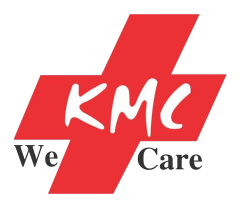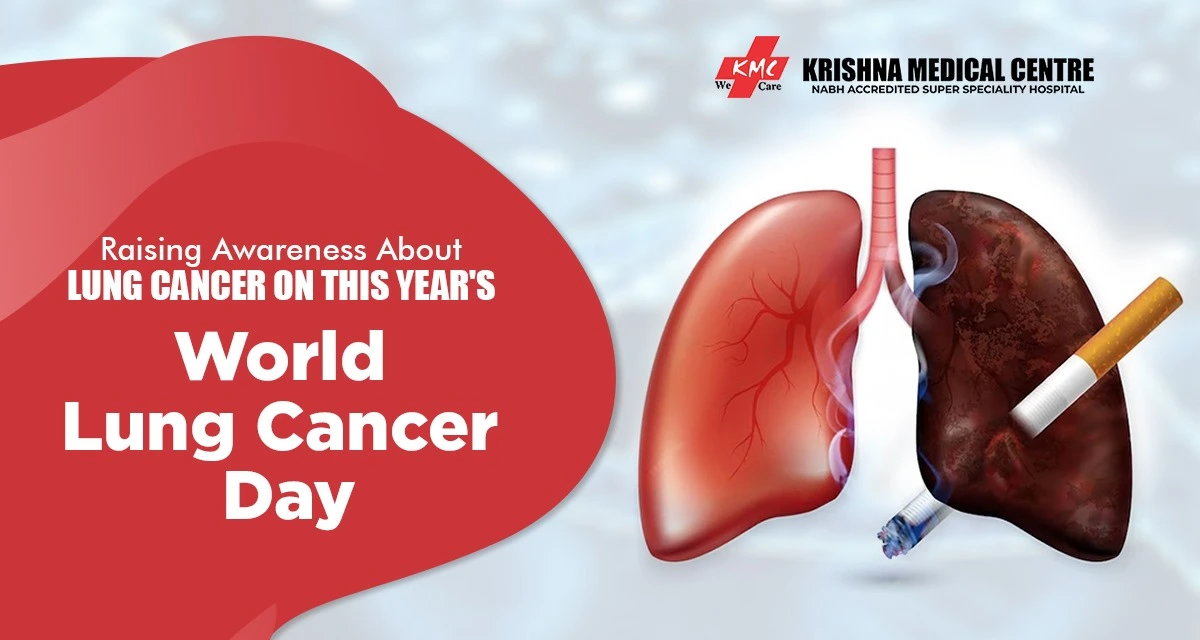World Lung Cancer Day, observed annually on August 1st, serves as a crucial reminder of the global impact of lung cancer & the urgent need for increased awareness, prevention & research.
Lung cancer remains one of the most prevalent & deadly cancers worldwide, affecting millions of individuals & families. This day is an opportunity to highlight the importance of early detection, support for those affected & advancements in treatment that can save lives. By coming together to educate & inform, we can make significant strides in combating this devastating disease.
Understanding Lung Cancer
Lung cancer is primarily categorized into two types: non-small cell lung cancer (NSCLC) & small cell lung cancer (SCLC). NSCLC is the most common, accounting for about 85% of all cases while SCLC, though less common, tends to grow & spread more quickly.
Smoking remains the leading cause of lung cancer, contributing to approximately 85% of cases. However, non-smokers can also develop lung cancer due to factors such as exposure to radon gas, secondhand smoke, air pollution & genetic predispositions.
The Importance of Early Detection
Early detection of lung cancer significantly increases the chances of successful treatment & survival. Symptoms often appear in the later stages, making early diagnosis challenging. Therefore, regular screenings for high-risk individuals such as long-term smokers & those with a family history of lung cancer, are crucial. Low-dose computed tomography (LDCT) scans have proven effective in detecting lung cancer at an early & more treatable stage. Additionally, public awareness campaigns & education about these screenings can lead to earlier diagnoses & better outcomes.
Advances in Treatment & Research
Recent advancements in lung cancer treatment offer hope for better survival rates & quality of life for patients. Targeted therapies, immunotherapies & personalized medicine have revolutionized the approach to treating lung cancer, providing more effective & less invasive options.
Ongoing research continues to explore new treatments & potential cures, emphasizing the need for sustained funding & support. Clinical trials & studies are essential in developing innovative therapies that can ultimately improve patient outcomes & offer hope to those battling lung cancer.
Supporting Patients & Families
A lung cancer diagnosis can be overwhelming, not only for the patients but also for their families & caregivers. Emotional, psychological & financial support are integral parts of comprehensive cancer care. Support groups, counseling services & financial assistance programs play a vital role in helping patients & their loved ones navigate the challenges of a lung cancer diagnosis. By fostering a community of support, we can provide much-needed comfort & encouragement to those affected by this disease.
Raising Awareness & Taking Action
Public awareness campaigns are essential in spreading knowledge about lung cancer prevention, early detection & treatment options. Engaging in activities such as educational seminars, social media campaigns & community events can amplify the message & reach a broader audience.
Additionally, encouraging healthy lifestyle choices such as quitting smoking & reducing exposure to harmful pollutants can significantly decrease the risk of developing lung cancer. By taking proactive steps & promoting awareness, we can collectively work towards reducing the burden of lung cancer worldwide.
Final Thoughts
World Lung Cancer Day is a pivotal moment to reflect on the progress made & the work still needed in the fight against lung cancer. By raising awareness, promoting early detection & supporting ongoing research, we can make a substantial difference in the lives of those affected by this disease. Hospitals & healthcare institutions play a critical role in this effort. KMC Hospital, for instance, is dedicated to providing comprehensive care & advanced treatments for lung cancer patients, contributing significantly to the overall battle against this disease.
As we commemorate World Lung Cancer Day, let us unite in our efforts to educate, support & advocate for those affected by lung cancer. Through collective action & unwavering commitment, we can move closer to a future where lung cancer is no longer a leading cause of death.

